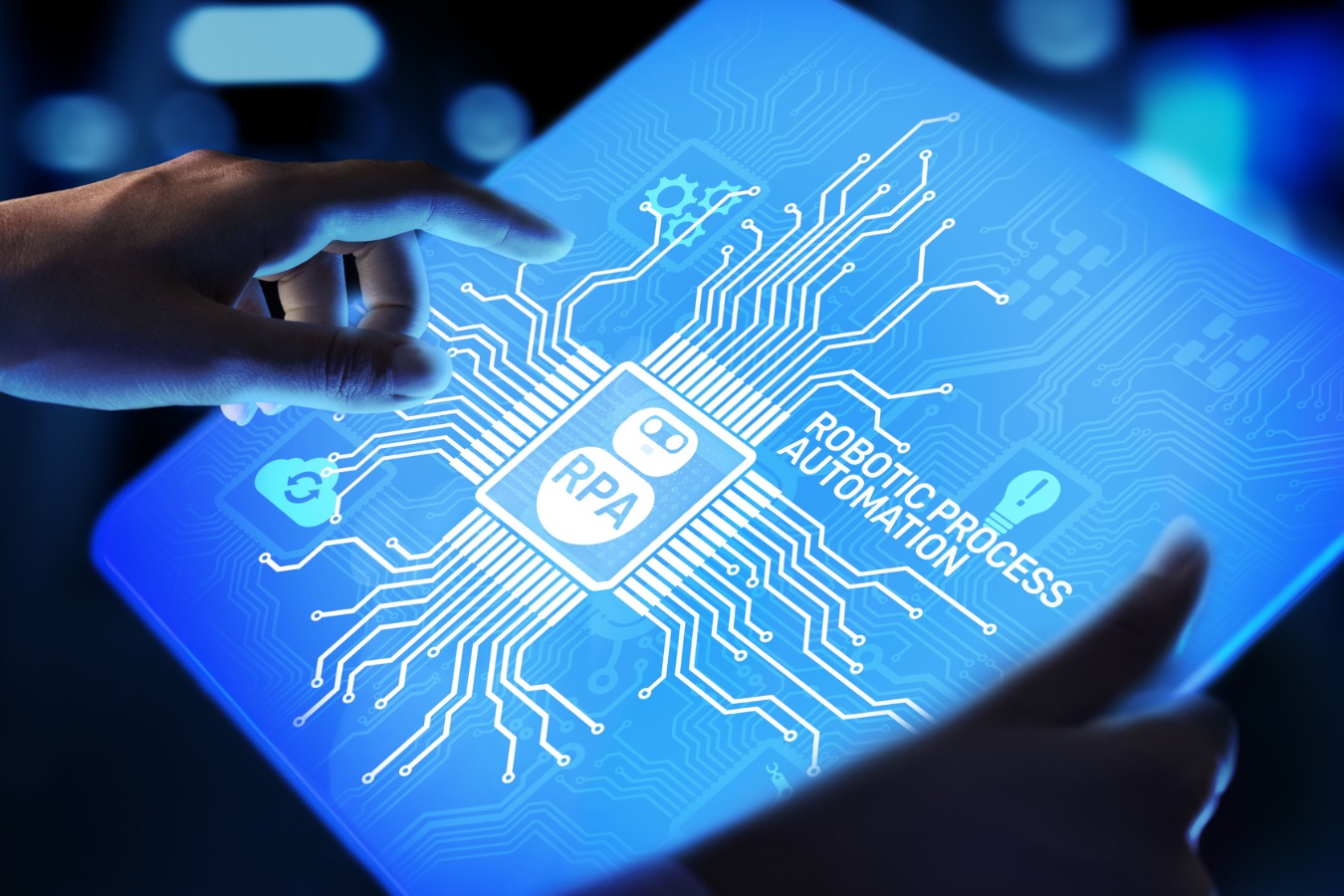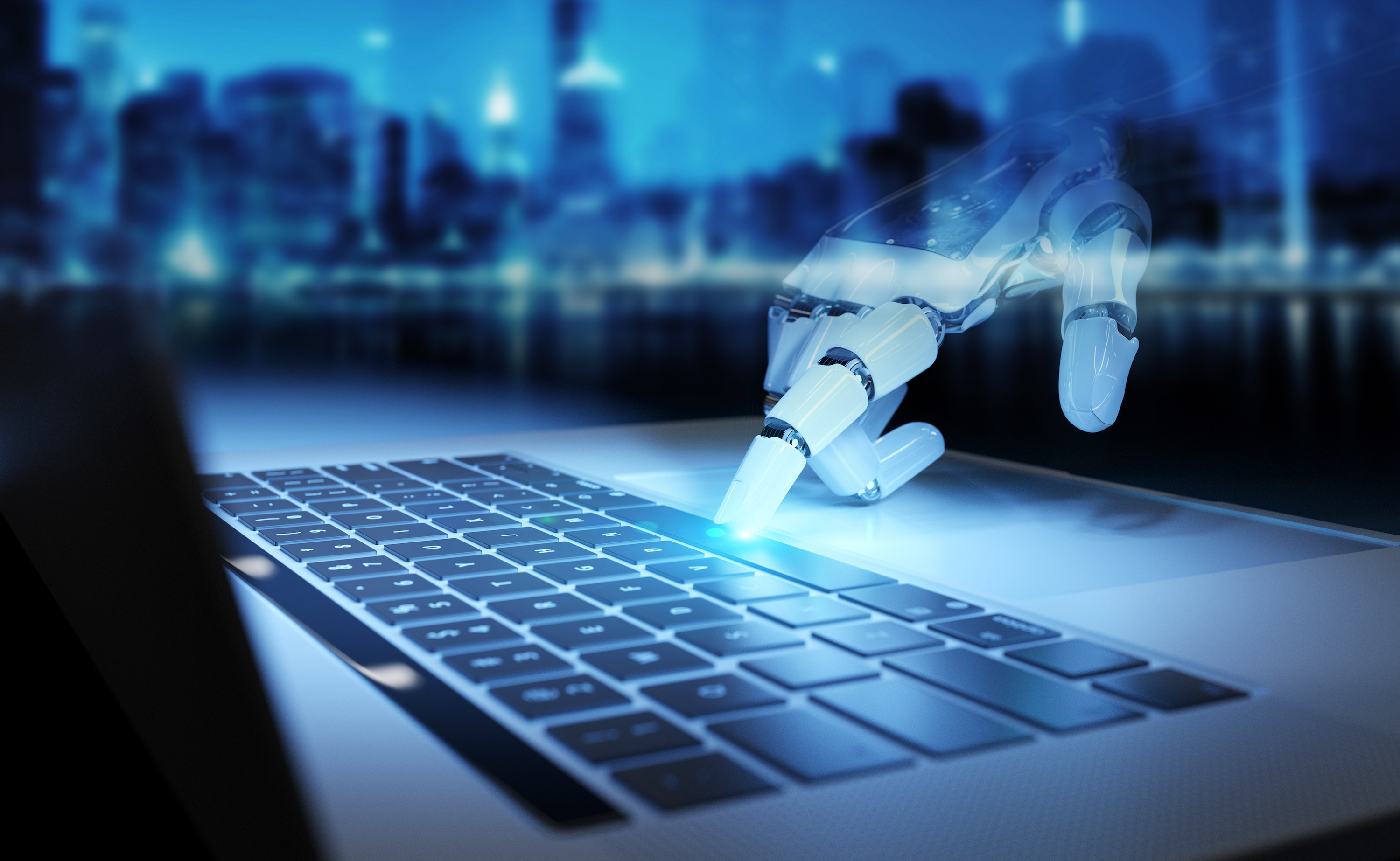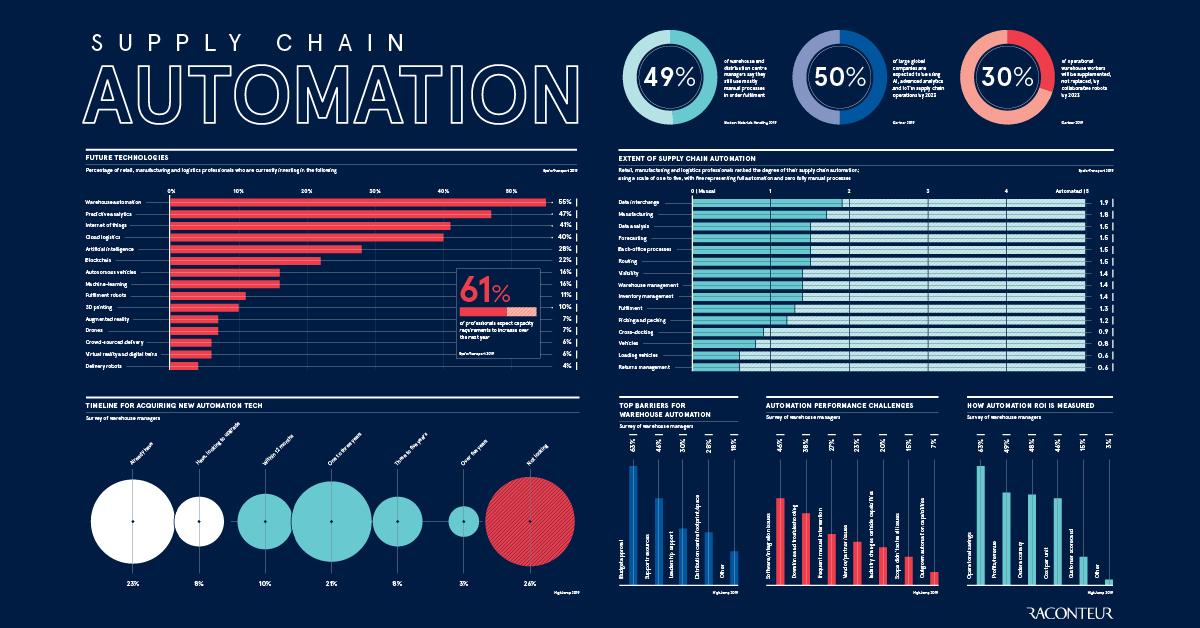Sign Up for Our
Updates
There is a strong chance that procurement was responsible for purchasing the device that you are currently using and the software that runs your applications. Procurement is the business management function that ensures identification, sourcing, access and management of the external resources that an organisation needs or may need to fulfil its strategic objectives.
Haven’t heard of it? Scratch the surface, and you will find a bustling industry of professionals powered by technology that is pushing the organisation forward. The traditional ‘materials man’ as stated by Charles Babbage in 1832 has evolved, and the importance of a procurement function is more imperative than ever. Nowadays, Chief Procurement Officers (CPOs) have access to C-Suite and Executive boards to push the procurement story forwards.
How will RPA & AI impact Procurement?
Research by the London School of Economics suggests a return on investments in RPA and AI of between 600 per cent and 800 per cent for specific tasks. Having a robust P2P (procure to pay) process forms the foundation of any procurement department. Get this wrong, and anything you do on a strategic level will become difficult and slow, especially if the process and data are wrong. RPA can have the most significant effect on manual, high volume, transactional and time-consuming activities.
Some examples of RPA and Ai in procurement:
Supplier onboarding and data management – using standard model forms, Bots can copy data, track any changes and make updates to the procurement system. The bot, coupled with machine learning, will be able to structure data more efficiently, remove duplicates, identify gaps and send reports to suppliers for updates. RPA ensures a streamlined p2p process.
Invoicing – Using Natural Language Programming and OCR to capture and key in details such as amounts due, payment dates, receipt checking. Integrated Machine learning would be used to scan documents faster and efficiently. Month-end processes will be completed more efficiently freeing up accounts payable to partner with various functions.
Requisitioning and Purchase Order – A bot can send quotation requests to multiple vendors. Bots would be able to track minimum order quantity levels and automatically raise a purchase order. They can capture details from quotations and contracts which can help to raise, amend and cancel a purchase order. End users will be able to interact with a bot, by plugging in key information, the bot will be able to fulfil a request.
Category management – Bots will be able to supply critical supplier data by category, spend data and contractual information. RPA and Ai will be able to monitor the industry to identify changes, opportunities and risks, which can be used to develop the category plan. Bots will provide regular information to identify areas for cost savings and efficiencies, which then feed into the development of the category plan.
Reporting – Bots will be able to extract supplier and spend information from multiple systems, analyse the data and structure it in a way that is readable to the end-user. Using standard forms and structures, it will form the basis for an on-demand live dashboard, with trends and extrapolations to aid better decision making.
Contract management – Critical contract information will be able to be extracted and centralised in a repository, for example, contract value, termination dates, liabilities, milestones and contracting entities. Bots, coupled with machine learning, can amend contract information and auto-populate contractual documentation. All essential information would be readily available for a contract renewal negotiation without needing to review the entire contract.
RFQ & Negotiations – Using standard template and forms, suppliers will plug in proposal data. The bot will be able to assist in pulling information from each proposal and into a scorecard, saving vast amounts of time for procurement and the RFQ team. The readily available data would allow individuals to focus on comparing the proposals and use the information to form a negotiation strategy. This system will also provide a consistent and accurate feedback loop to suppliers involved.
Supplier management – By using contractual KPIs against actual delivery metrics, the procurement professional will be able to monitor supplier performance more readily and mitigate risks much earlier. Bots will be able to scan supplier financials and notify red flags immediately.
![shutterstock_1535675822 [Converted]](https://www.alphalake.ai/hs-fs/hubfs/shutterstock_1535675822%20%5BConverted%5D.png?width=1600&name=shutterstock_1535675822%20%5BConverted%5D.png)
The new era procurement professional is on the horizon
Gathering intelligence is often hindered by time-poor and under-resourced teams and individuals. The basis for best in class procurement is having a structured process that is agile to the business needs and can capture data and information efficiently and accurately.
RPA and AI will equip employees with the knowledge to be a more strategic and human-centric business partner. The new procurement professionals will use data to empower themselves to be a stronger and smarter negotiator, developing win-win scenarios with suppliers. They will spend time listening to stakeholders to see how to derive value from new initiatives. By understanding the needs and wants of consumers, they can help to develop cutting edge goods and services that fall in line with the purpose/missions of the organisation. They will be at the centre of projects, bringing various functions together, and educating stakeholders on best in class practices. RPA and AI will allow them to develop a sustainable and ever-evolving procurement function integrated with major suppliers.
RPA and AI won’t just be an enabler for procurement professionals; it has the potential to touch every function and individual in an organisation. There will be a greater focus on self-service procurement, powered by highly intelligent bots, managed and overseen by a new procurement operations team, focused on innovation, development and structuring with the support of IT.
RPA and AI will disrupt procurement roles and the industry as a whole; however, every cloud has a silver lining. The procurement professional should walk directly into this shifting paradigm with great ambition and excitement of what lays ahead.
#RiseOfTheHumans

.jpg)



